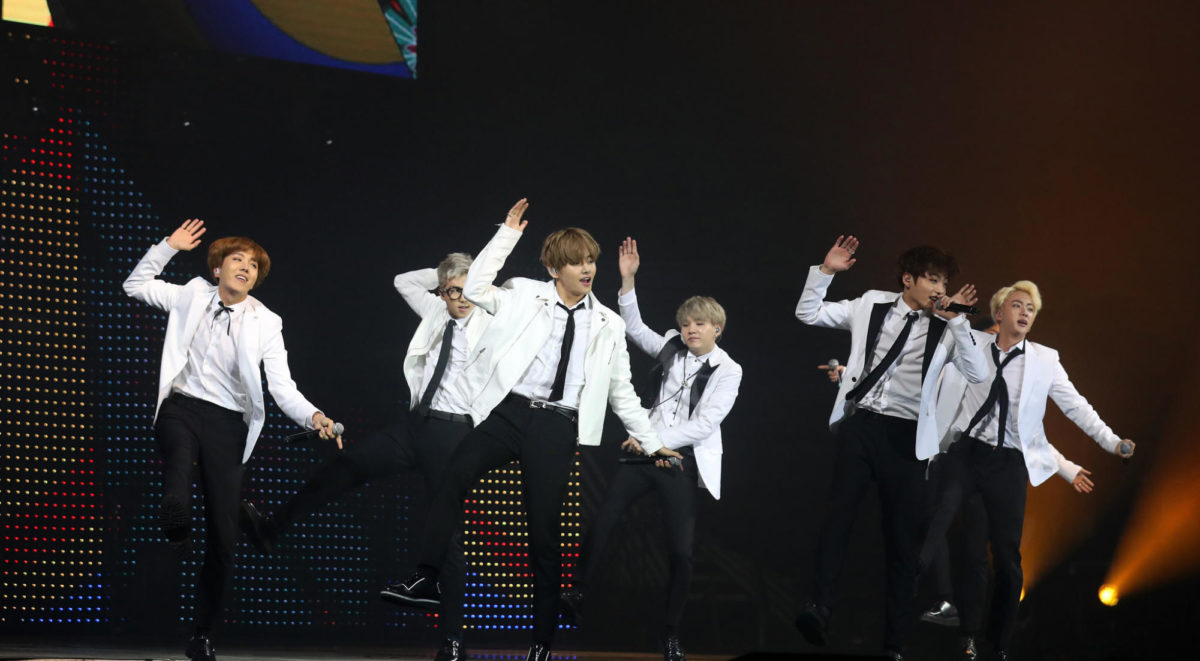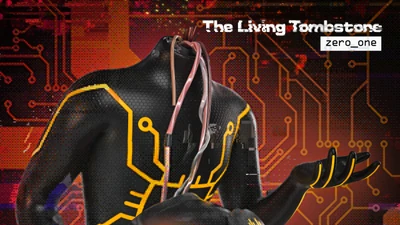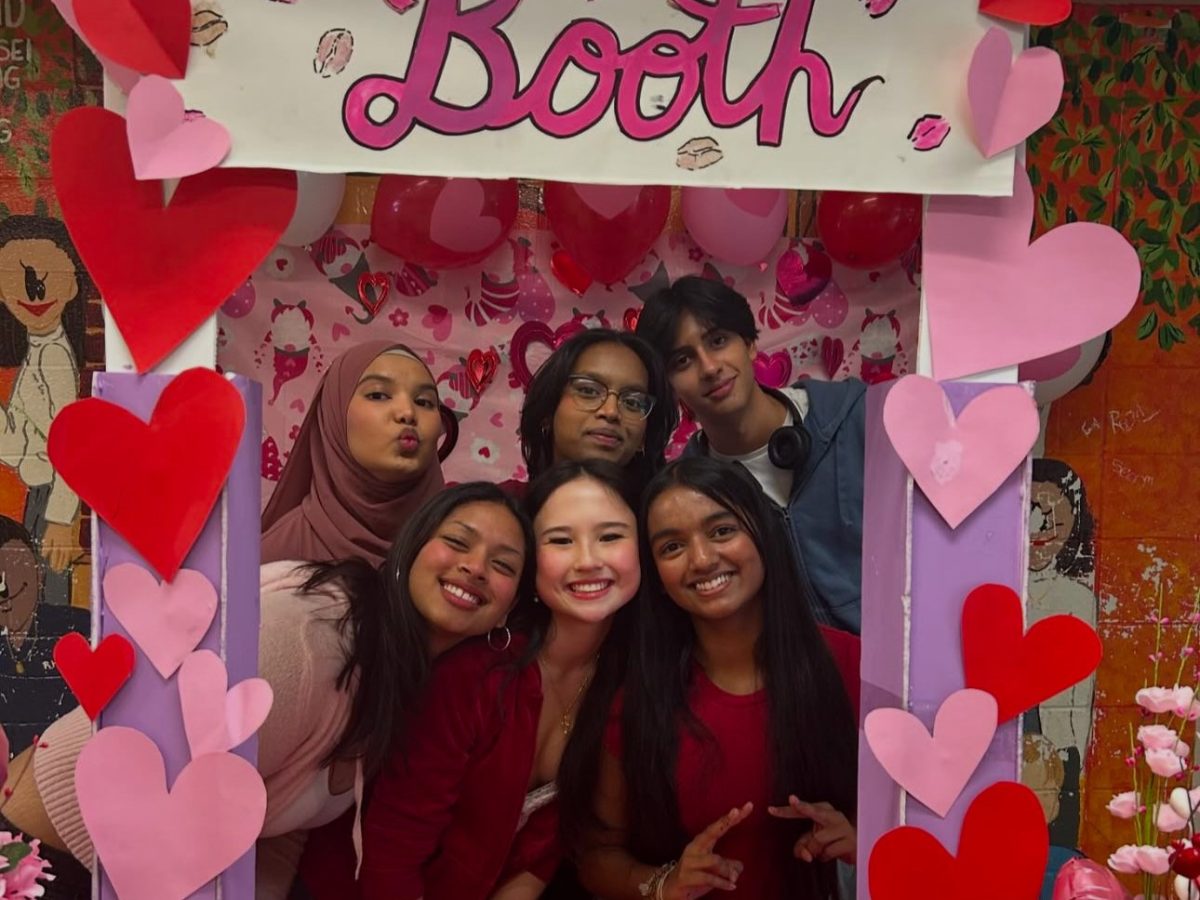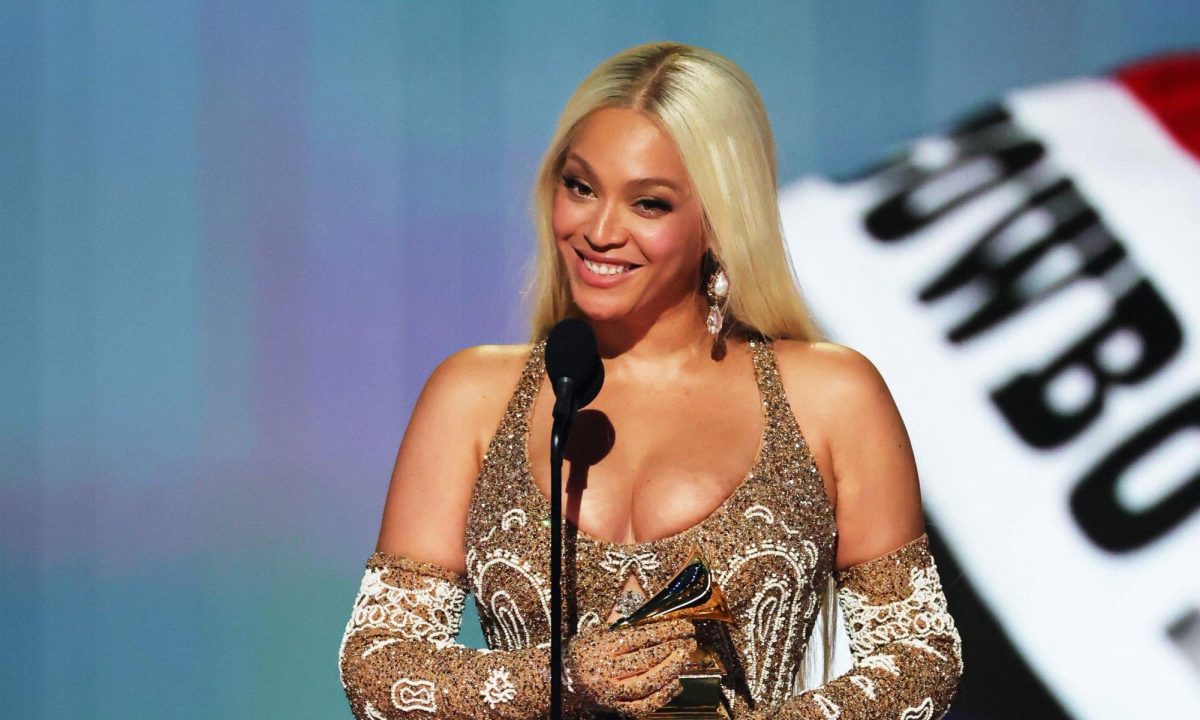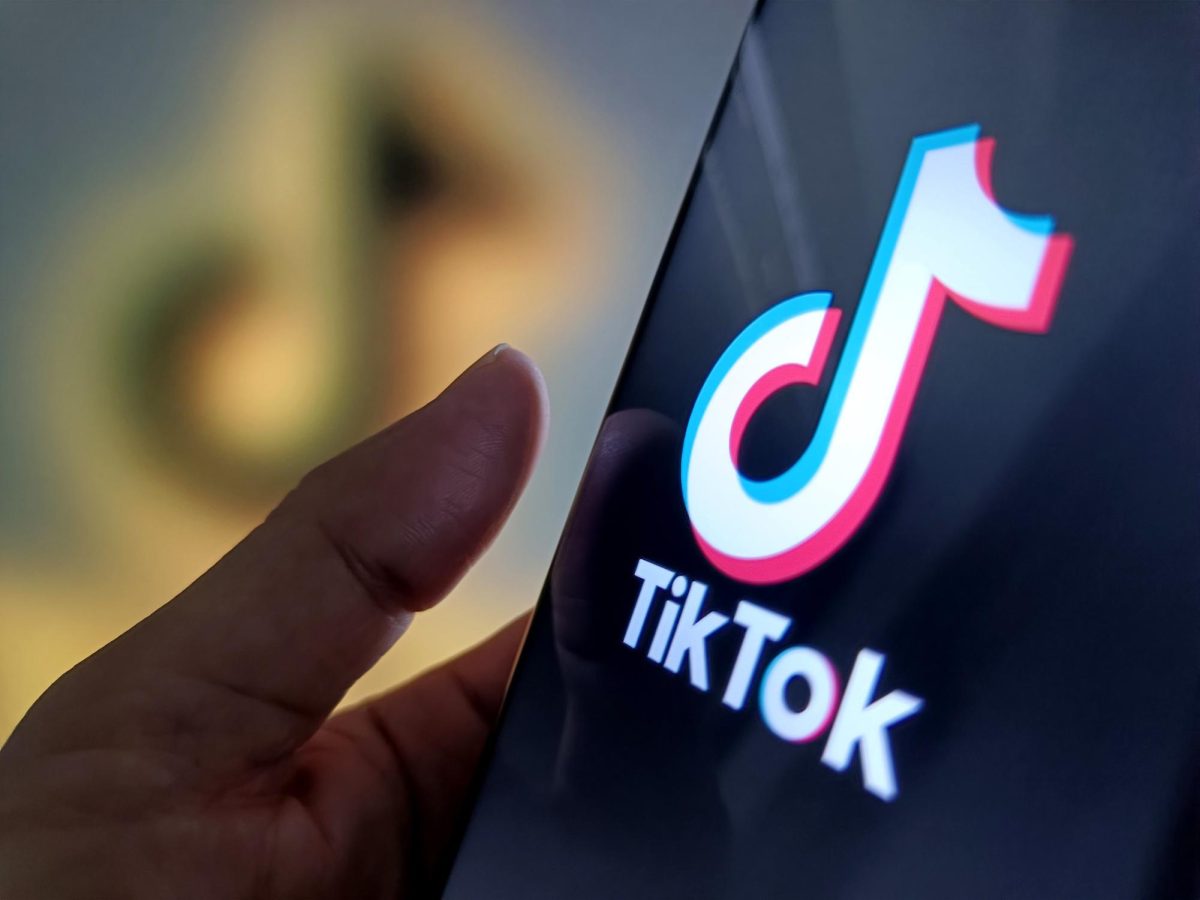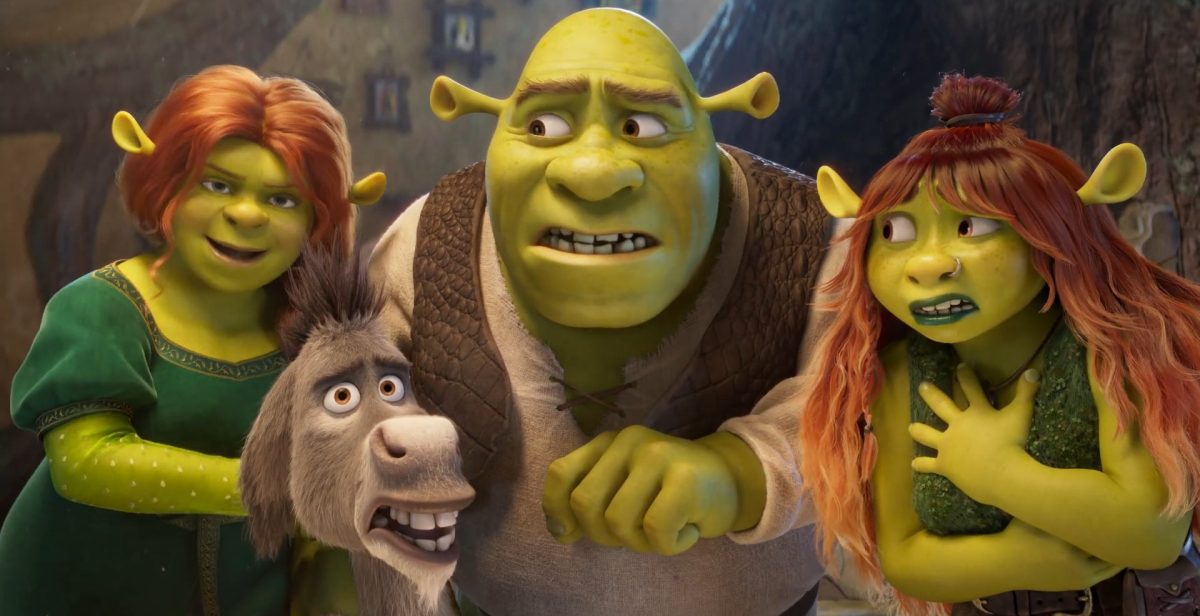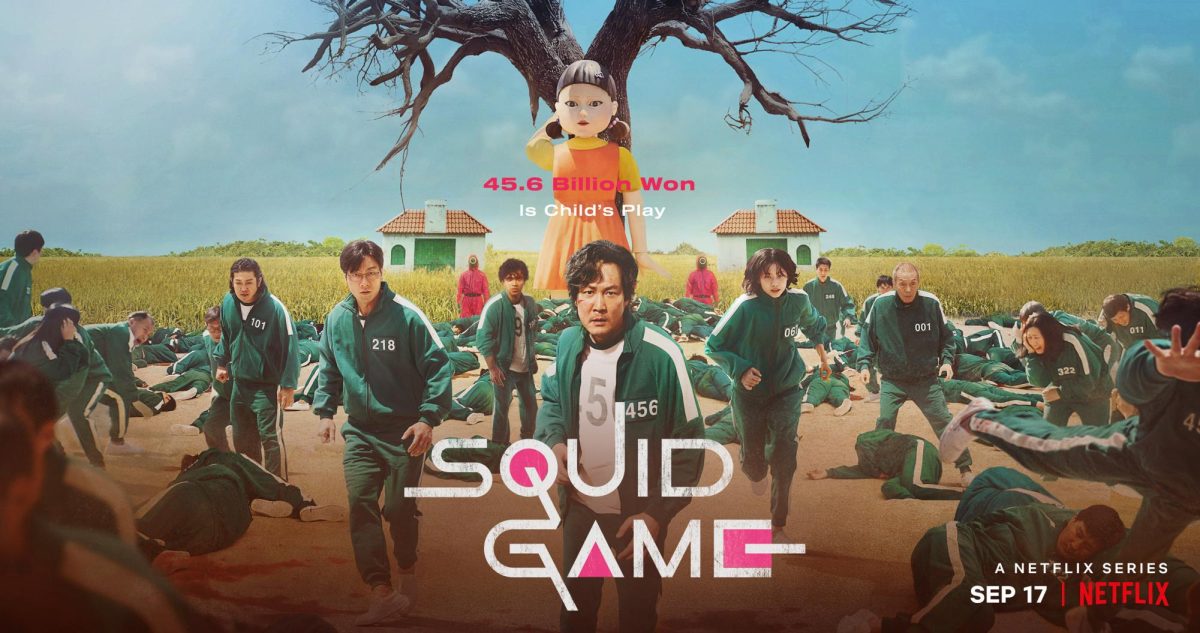Ever heard of BTS? Or does G-IDLE ring a bell? These are Korean pop, or K-pop, groups known worldwide for their catchy tunes, impressive choreography, and star-studded members. However, underneath the surface of this seemingly glamorous industry is a darker underbelly, fueled by toxic behaviours within K-pop fandoms, an issue that pushes others away from listening to this music.
K-pop fandoms are notorious for their passionate, almost obsessive, dedication to their idols. Tight-knit communities and fan clubs rally to support their favourite K-pop artists and groups, as commonly seen on social media platforms like TikTok, X (formerly known as Twitter), and Instagram – both a blessing and a curse to the K-pop industry. However, these same platforms have also provided a virtual hotbed for “fan wars,” where fans from different K-pop groups engage in heated verbal fights, hurling insults and threats at one another. Fans, often anonymously, engage in vicious attacks against other fandoms, individual fans, or even the idols themselves, resulting in cyberbullying, harassment and even death threats.
Disputes over chart rankings, award show wins, and even personal matters concerning idols can escalate into full-blown cyberbullying campaigns. Cancel culture also runs rampant, as fans attempt to “cancel” idols or fellow fans for actions that may not align with their views. The pressure to conform to certain fandom standards or risk being ostracized can lead to a negative online environment. Individuals fear expressing their opinions or becoming a “multi-stan”, (a fan who supports multiple groups), leaving a trail of negativity that tarnishes the image of the K-pop community.
Unfortunately, these conflicts have driven a wedge between fans within particular groups. Fans often find themselves at odds over trivial matters, such as perceived favouritism or even differences in favourite songs.
Along with this, K-pop idols are forced to live up to the sky-high expectations set by fans out of fear of disappointing their supporters. If an idol does not put in enough energy for a performance, sings off-key, or even makes a single misstep in their choreography, fans will rage. Despite their public image of glamour and success, idols often bear the brunt of intense scrutiny. Maintaining a flawless image becomes an emotional burden, leading to stress and burnout.
Cases of invasive personal questions, excessive criticism, and even the invasion of an idol’s privacy have also been reported, highlighting the negativity that can manifest within these fan communities. Moreover, there have been many high-profile cases, like Jeongyeon, of girl group Twice, and Garam from Le Sserafim, where artists have taken extended breaks or retired from the industry altogether. This highlights the immense toll that constant scrutiny can take on the mental well-being of these artists.
There is also the issue of “sasaeng fans,” a term roughly translated as “private” or “personal” in Korean, that refers to obsessive fans who go to extreme lengths to invade the privacy of their favourite K-pop idols. From stalking and trespassing to leaking personal information, the actions of these individuals extend beyond social media, raising serious questions about the safety of K-pop artists. Dating scandals, in particular, often result in severe backlash from sasaeng fans who feel betrayed by their idols forming romantic relationships. The impact of sasaeng fans is not only felt by the idols themselves but also by their agencies, fellow fans, and the overall reputation of the K-pop industry.
K-pop agencies have taken steps to address the issue by implementing stricter security measures, pursuing legal actions against these offenders and raising awareness about the consequences of saesang behaviour. However, the persistent nature of some sasaeng fans continues to loom over the privacy of idols and the line between admiration and intrusion has become blurred.
Recognizing the severity of the issue, several K-pop agencies and management companies have started implementing stricter guidelines and codes of conduct for fan interactions. Hashtags such as #ProtectOurIdols and #NoToSaesangFans are trending on social media platforms as fans unite to condemn sasaeng fans and protect the privacy of their beloved idols. However, breaking the cycle requires a collective effort from both fans and agencies. As the K-pop industry continues to grow and gain international prominence, addressing the harmful elements within fandoms has become a crucial task to ensure a healthier environment for both idols and fans alike. While the majority of K-pop fans are supportive and respectful, the dark side of these fandoms serves as a stark reminder that while passion is commendable, it should never come at the cost of overall well-being.


